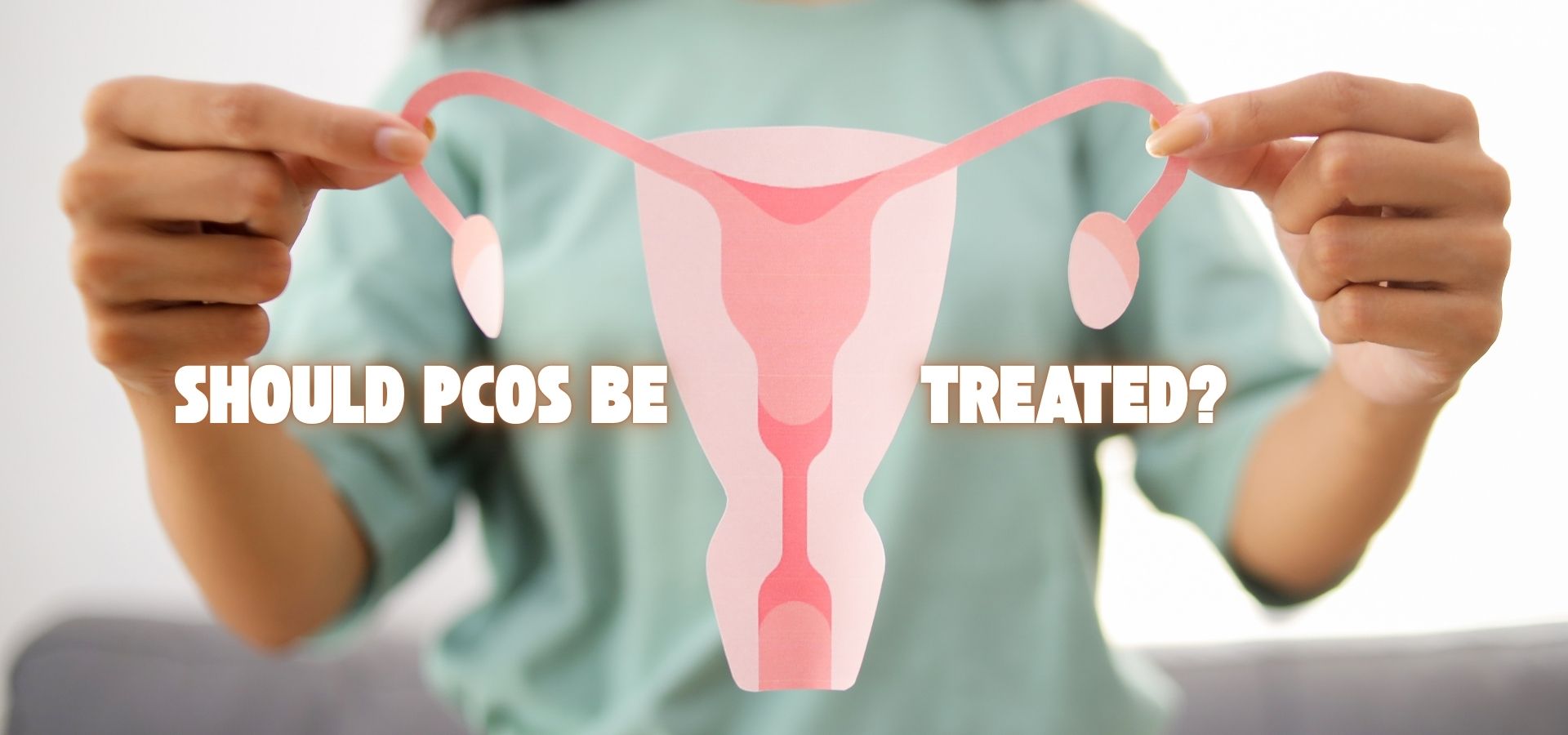If you’ve been diagnosed with PCOS, or even just suspect it, you might wonder do I really need to treat it? Especially if you’re not planning for a baby anytime soon.
The answer is: yes, you should treat it for both your health and the future kid (if you have plans) of yours. I understand what a perk it is to have a few lesser periods. But that’s only the tip of the iceberg.
What is PCOS ?
PCOS is a hormonal condition that affects more than just your periods. It can show up as stubborn acne, facial hair, hair thinning, dark skin patches, weight gain, or just feeling tired and moody all the time.
And while these symptoms might feel manageable at first, untreated PCOS can lead to bigger metabolic and hormonal problems like diabetes, irregular cycles, and difficulty conceiving later.
Are Irregular cycles and skin changes the only trouble with PCOS?
The answer is No. Let me explain how. Polycystic Ovary Syndrome is a complex hormonal and metabolic disorder. It has wide-ranging effects on multiple systems of the body. It can broadly divided into Hormonal and Metabolic –
The Hormonal effects leads to the skin and hair changes like acne, hirsutism, and male-pattern hair loss,
& irregular cycles and difficulty in conception
Metabolic Effects lead to Obesity, Insulin Resistance,Increased Risk of Type 2 Diabetes, Dyslipidemia, Non-Alcoholic Fatty Liver Disease (NAFLD)
And in the long term – Increased Risk of Hypertension and Cardiovascular Disease.
Is PCOS treatable?
The good news? Though PCOS doesn’t just go away on its own, it is totally manageable.you don’t have to be apprehensive about taking medications. It can start small and simple if we address it early.
You don’t need a drastic diet or intense workouts from day one.
Focus on whole foods: Add more veggies, proteins, and fiber-rich foods. Reduce sugar and processed carbs.
Move your body: Even a 30-minute walk or yoga session 3–5 times a week makes a difference.
Sleep & stress: Prioritize sleep, and practice deep breathing, journaling, or even just downtime to reduce stress—cortisol worsens PCOS.
Is it as simple as it sounds?
Maybe not. But with consistent small changes and getting the right medical support, you can take control. Your periods get more regular, your skin clears up, your energy improves, and you start feeling more like yourself again.
It’s a sad reality that people come to the dermatologist with acne and irreversible hair sparsity but unwilling to address or totally unaware of the underlying hormonal imbalance.
So no, you don’t have to “wait” for things to get worse. Start now, even with baby steps. Your body will thank you later—and honestly, you’ll feel the difference sooner than you think




